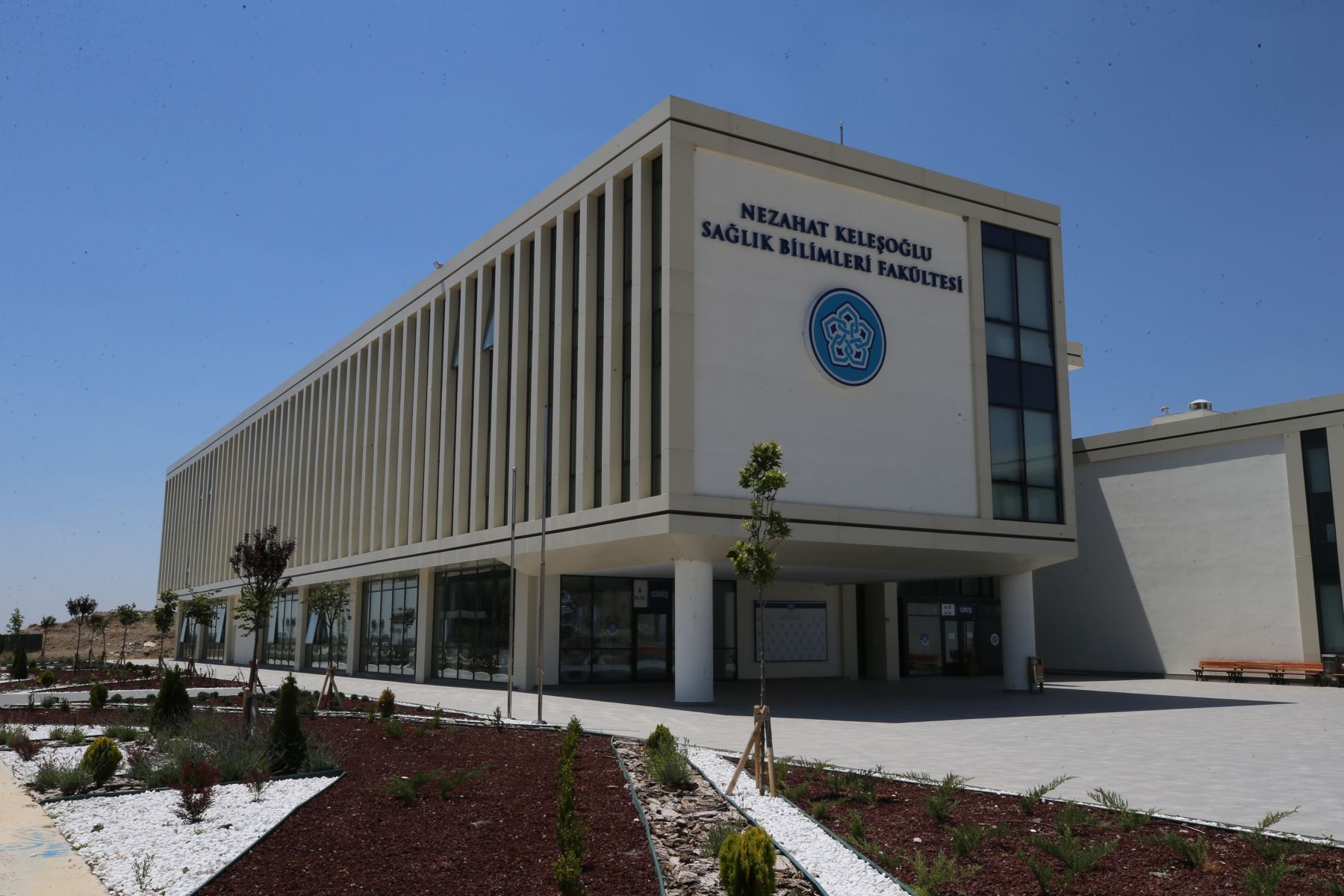Principles of Nutrition
The structures, functions, and effects of macro and micro nutrients on the body are examined in detail. Students learn the principles of adequate and balanced nutrition and gain the ability to assess individuals' nutritional needs.


